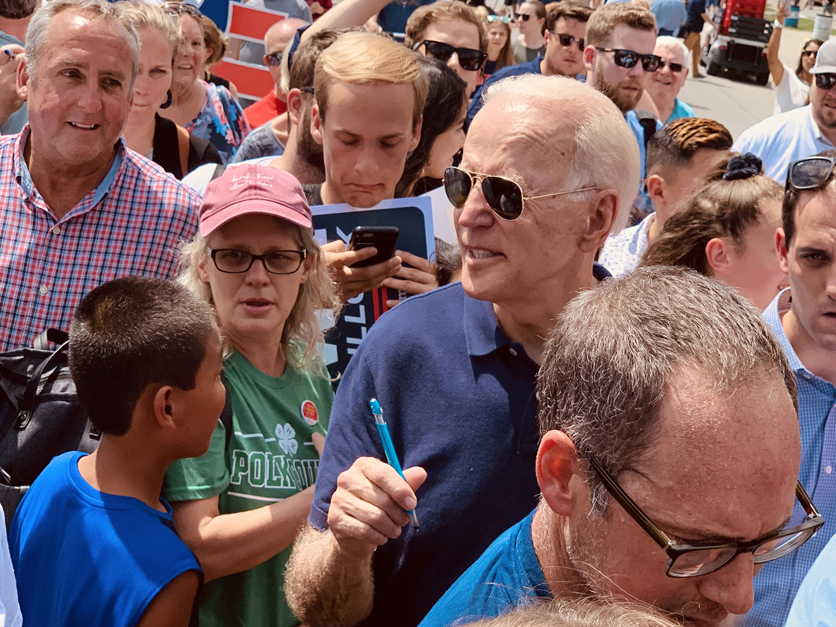A longtime analyst of U.S.-Cuba relations says Joe Biden would have a harder time reversing course with Havana on trade policy due in part to the Cuban regime’s support for the Venezuelan government.
Biden told a Miami TV station in April that he intended to largely return U.S. policy with Cuba to where it was when he was vice president during the Obama administration.
But John Kavulich, president of the U.S.-Cuba Trade and Economic Council, says in an analysis that it will take time for Biden to lower restrictions that President Donald Trump has put in place.
Advocates of increased trade with Cuba “should not expect the Biden Administration to immediately nor in the medium-term reverse many or all of President Trump’s decisions relating to the Republic of Cuba,” Kavulich writes.
The Obama administration took steps to make it easier to travel to Cuba and to export there, although banks remained barred from financing sales, which is the largest barrier to trade farm commodities. A series of regulatory changes implemented shortly before the 2016 election made it easier to sell farm equipment and pesticides and ended a 180-day waiting period for foreign ships to return to the U.S. after visiting Cuba.
But Trump implemented a series of measures to reverse course with Cuba, announcing new directives about a year ago to ban doing business with Cuban companies that are controlled by Cuba's military or intelligence agencies as well as to clamp down on tourism.
Biden’s ability to move quickly will be limited in part even if Democrats win control of the Senate and maintain control of the House, because Republicans can still block legislation in the Senate and Biden won’t want to risk jeopardizing nominations, Kavulich says.
And if Cuba continues to support Venezuelan President Nicolás Maduro and buy Venezuelan oil products, Biden "will have an even narrower range of options," Kavulich says.
Actions Biden is most likely to take if he wins the presidency include asking Cuba to stop its support of the Maduro administration, permit U.S. companies to establish offices and Cuba and permit direct payment to employees who are Cuban nationals, according to Kavulich.
Other actions Biden might take, but probably won’t rush to do, include reauthorizing commercial airline flights to all Cuban cities and authorize direct correspondent banking.
In the Miami TV interview, Biden said he would restore Obama’s policy of engagement with Cuba. “Yes, I would. In large part, I would go back. I’d still insist they keep the commitments they said they would make when we, in fact, set the policy in place.”
Biden also denied that reengaging Cuba would prop up Maduro’s regime. “Number one, Maduro is in real trouble. Number two, there’s no reason why we cannot still sanction them, but failing to recognize them at all is a different thing than sanctioning them,” Biden said.
Interested in more coverage and insights? Receive a free month of Agri-Pulse or Agri-Pulse West by clicking here.
Biden’s campaign didn't respond to a request for comment on Kavulich’s analysis.
Trade with Cuba continued at modest levels from 2017 to 2019 consistent with levels during the Obama administration, but exports there have fallen sharply so far this year.
U.S. food and agricultural exports to Cuba, mostly chicken parts, totaled $16.3 million in March, compared to $41.2 million during March 2019 and $24.5 million in March 2018, according to Kavulich's group. Exports for the first quarter of this totaled $44 million, compared to a total of $258 million for 2019. Exports in 2016, the last year of the Obama administration, totaled $232 million.
Congress cleared the way for food and agricultural sales to Cuba in 2000 with the Trade Sanctions Reform and Export Enhancement Act, but exports peaked at $710 million in 2008.
For more news, go to www.Agri-Pulse.com.


